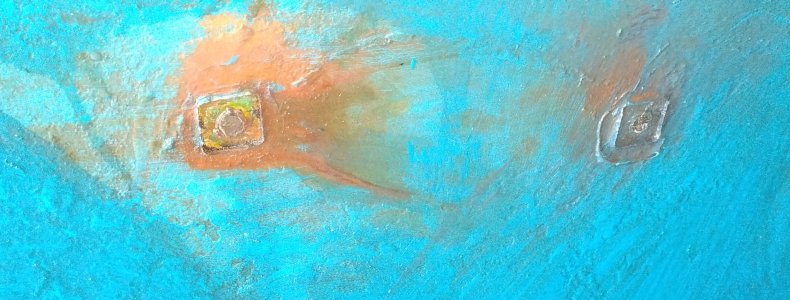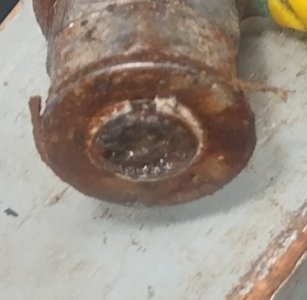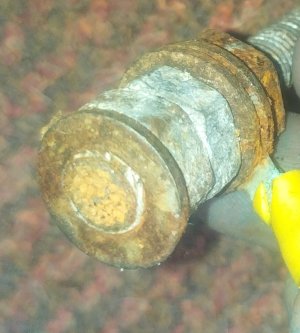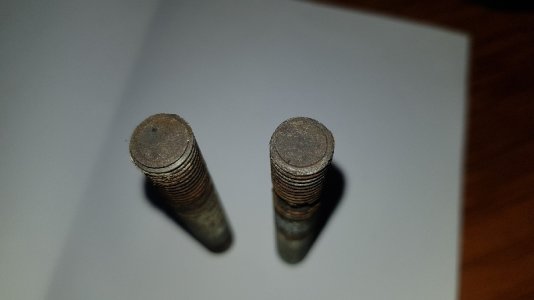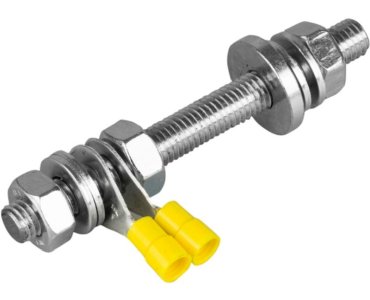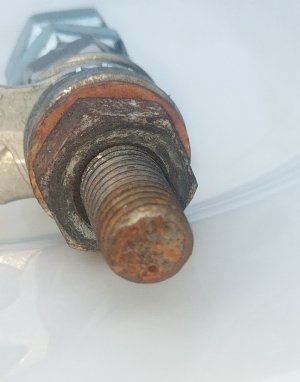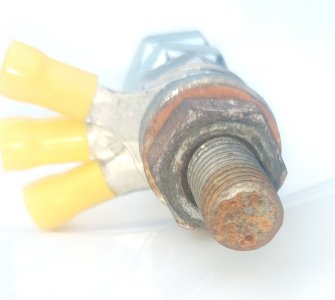onesea
Well-known member
GRP Boat
Engine bonded to prop shaft and anode.
6 month old anode bolts failed.
Aluminium anode and bolts new 6 months previously (MG Duff anode and bolts I believe).
Boat is not normally in marina, on a mooring in river brackish water.
All electrics isolated on leaving boat, except solar charger (Victron).
Why?
Is there anyway I can measure for stay currents?
Engine bonded to prop shaft and anode.
6 month old anode bolts failed.
Aluminium anode and bolts new 6 months previously (MG Duff anode and bolts I believe).
Boat is not normally in marina, on a mooring in river brackish water.
All electrics isolated on leaving boat, except solar charger (Victron).
Why?
Is there anyway I can measure for stay currents?

